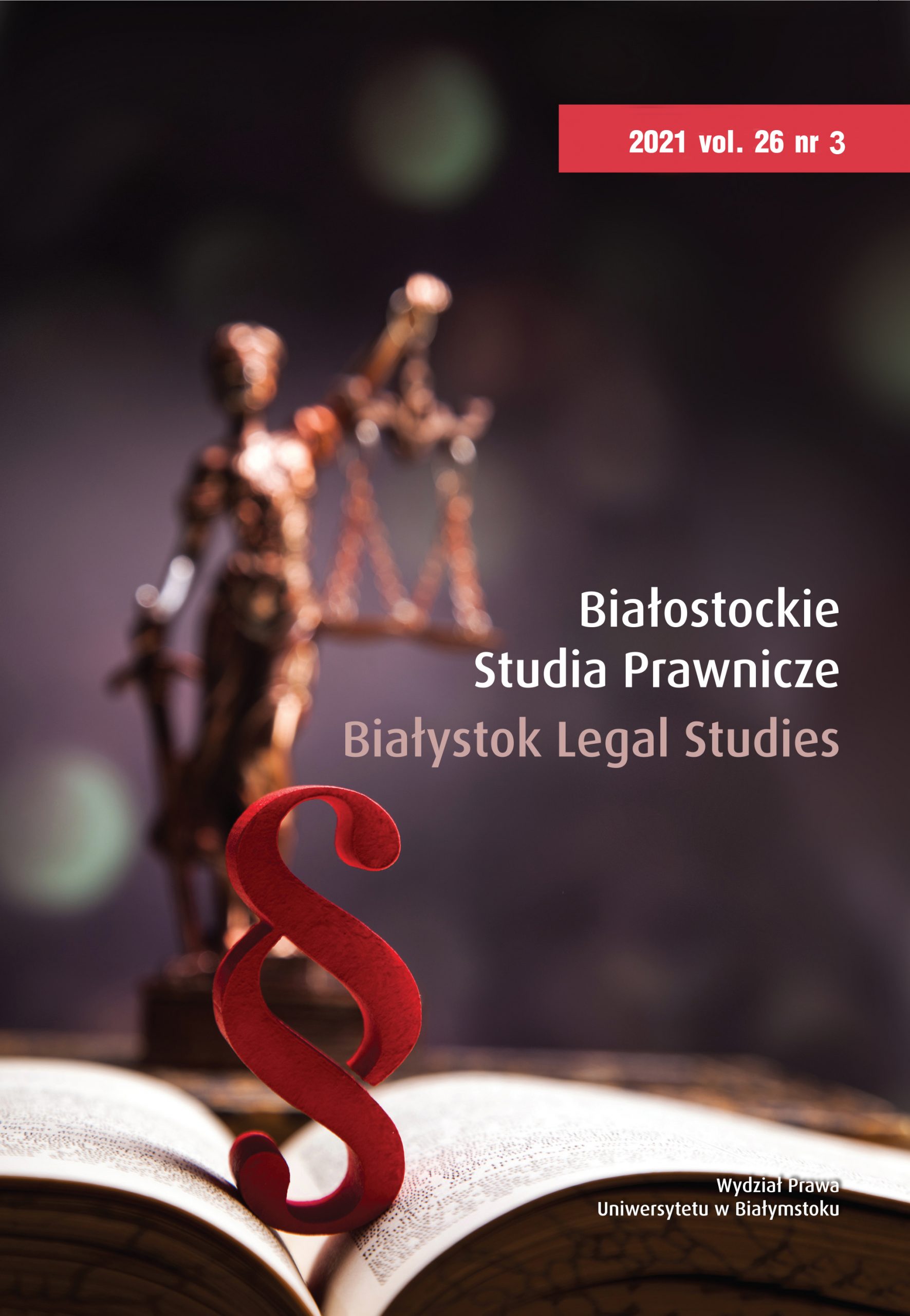Is the Traditional Method of Regulation (the Legislative Act) Sufficient to Regulate Artificial Intelligence, or Should It Also Be Regulated by an Algorithmic Code?
Is the Traditional Method of Regulation (the Legislative Act) Sufficient to Regulate Artificial Intelligence, or Should It Also Be Regulated by an Algorithmic Code?
Author(s): Dariusz SzostekSubject(s): Economy, Law, Constitution, Jurisprudence, ICT Information and Communications Technologies
Published by: Temida 2
Keywords: AI; AI ekosystem; AI regulation; Algorithm; law as IT code; RegTech; LegalTech
Summary/Abstract: The issue of the regulation of artificial intelligence (AI) is one of the significant challenges faced by the EU at present. Most researchers focus on the substantive scope of AI regulation, including state law, ethical norms and soft law. In addition to the substantive and legal scope of the regulation, it is worthwhile considering the manner of such regulation.1 Since AI is an algorithmic code, it seems correct to regulate (restrict) AI not so much with traditional law established in natural (human) language as with one implemented into algorithms. They may operate as a tool supporting traditional legislation (RegTech), but it is possible to go further with the issue and create regulation algorithms which implement the law as the effective law. However, this requires a new approach to law and legislation – the law as algorithmic code.
Journal: Białostockie Studia Prawnicze
- Issue Year: 3/2021
- Issue No: 26
- Page Range: 43-60
- Page Count: 18
- Language: English

